17 GPTs for Personalized Poetry Powered by AI for Free of 2026
AI GPTs for Personalized Poetry are advanced generative pre-trained transformer models specifically designed to create customized poetry. These tools leverage the power of machine learning to understand and generate poetry that caters to the unique preferences and requests of individuals. They are capable of producing diverse styles of poetry, from classical forms to contemporary verses, making them relevant for a wide range of poetic tasks. The integration of GPT technology in this domain allows for a highly tailored experience, enabling the creation of personalized poems for special occasions, emotional expression, or artistic exploration.
Top 10 GPTs for Personalized Poetry are: KI Gedicht Generator,Sinterklaasgedichten Generator,Sinterklaas Gedichten Expert,달무리,Sinterklaas gedichten,姓名藏頭詩,Senryu Sensei 川柳先生,The Visual Poet,Heartfelt Verses,Love Muse
KI Gedicht Generator
Crafting personalized poetry with AI.
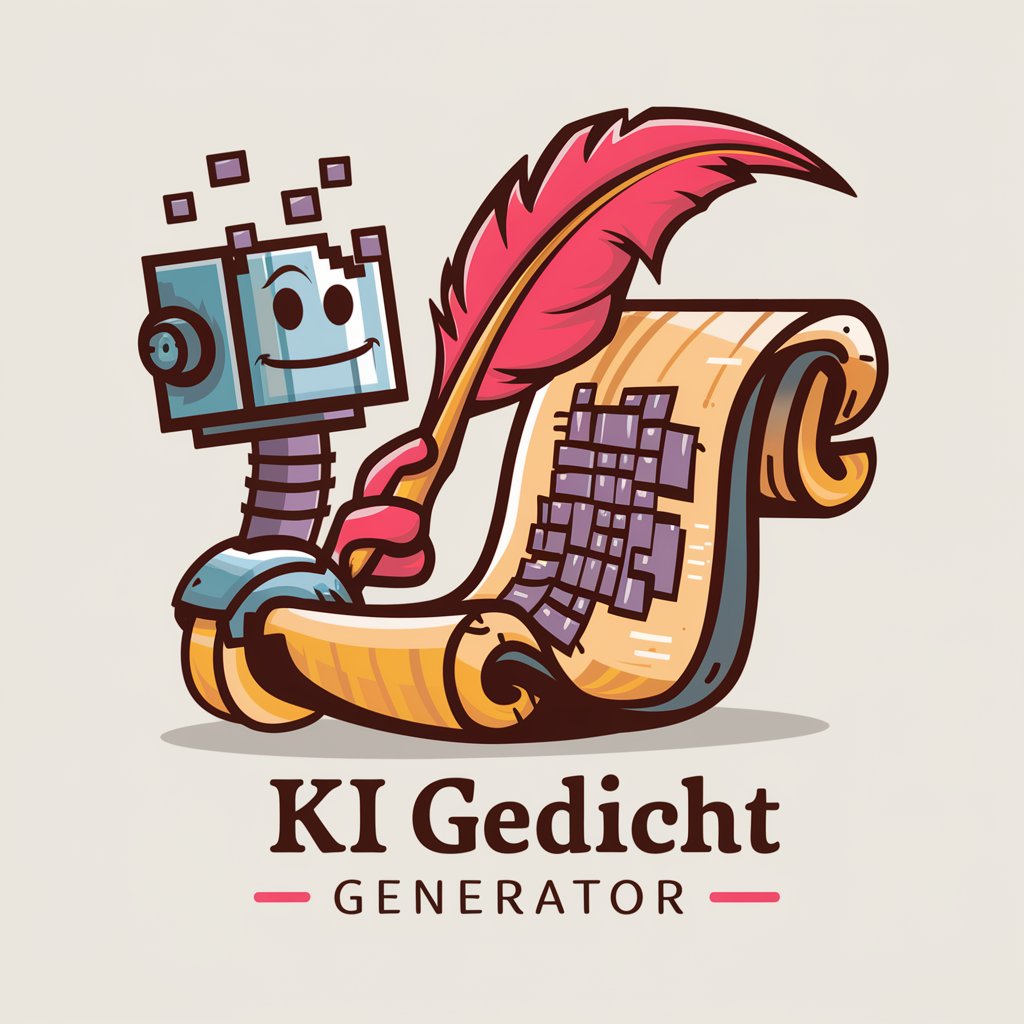
Sinterklaasgedichten Generator
Crafting Joy with AI-Powered Poetry

Sinterklaas Gedichten Expert
Crafting Personalized Poems with AI
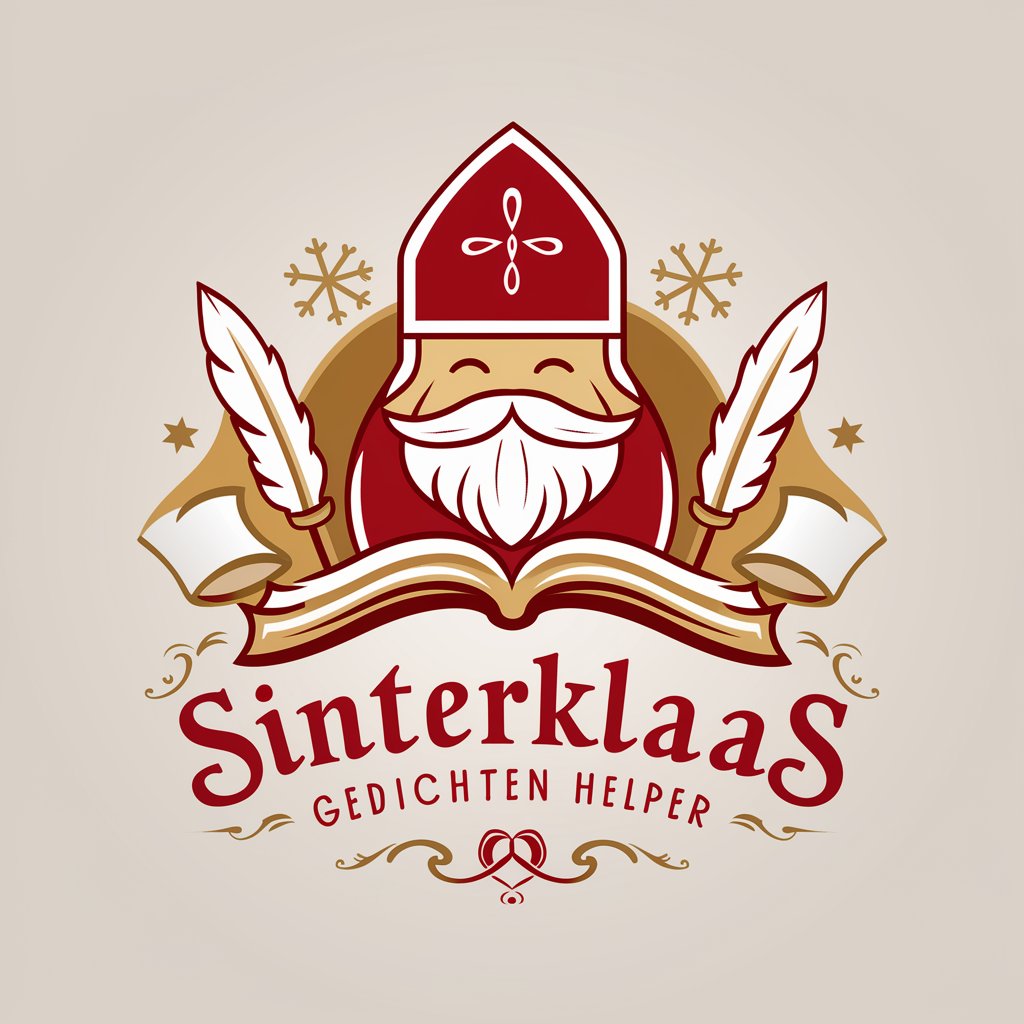
달무리
Your Personal AI Poet

Sinterklaas gedichten
Craft Personalized Poems with AI

姓名藏頭詩
Craft Your Love in Verse

Senryu Sensei 川柳先生
Transforming Thoughts into Traditional Japanese Poetry

The Visual Poet
Transforming visuals into verse.
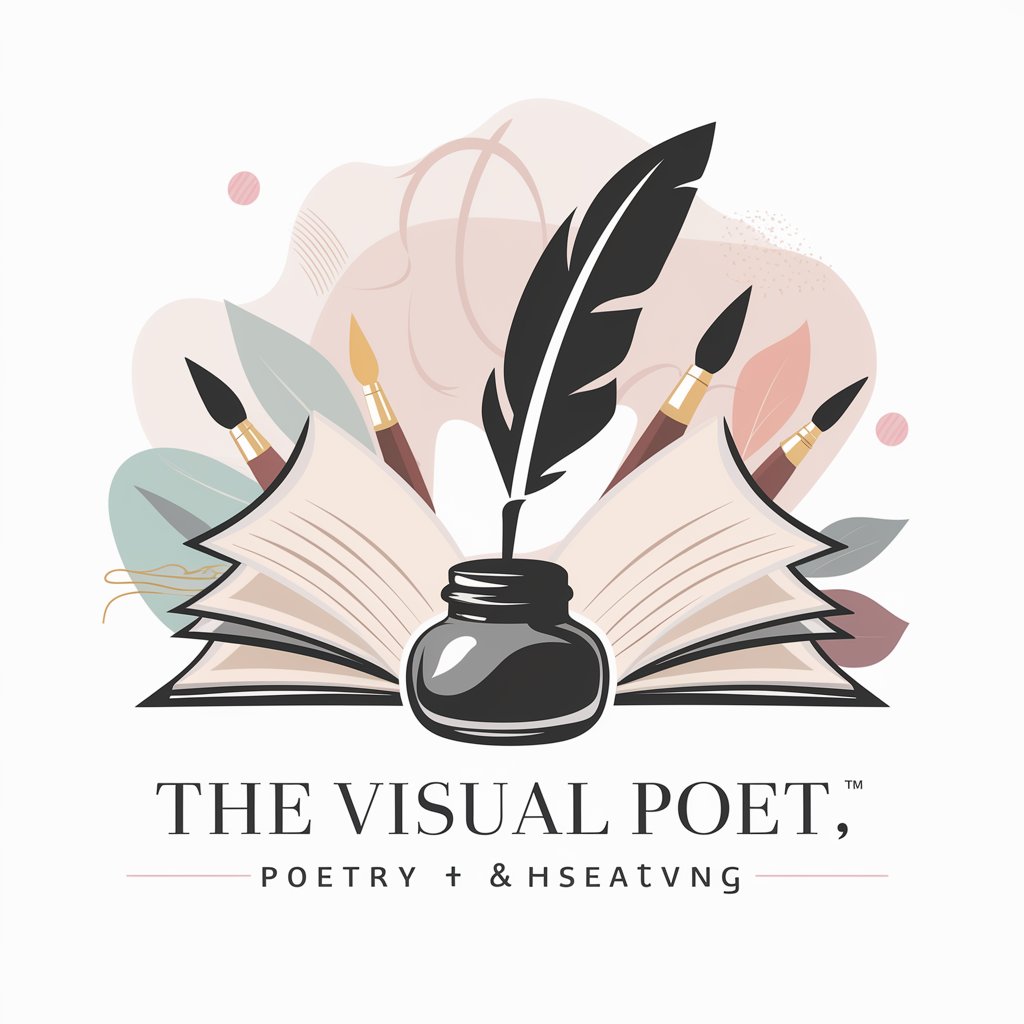
Heartfelt Verses
Crafting personalized love poems, powered by AI
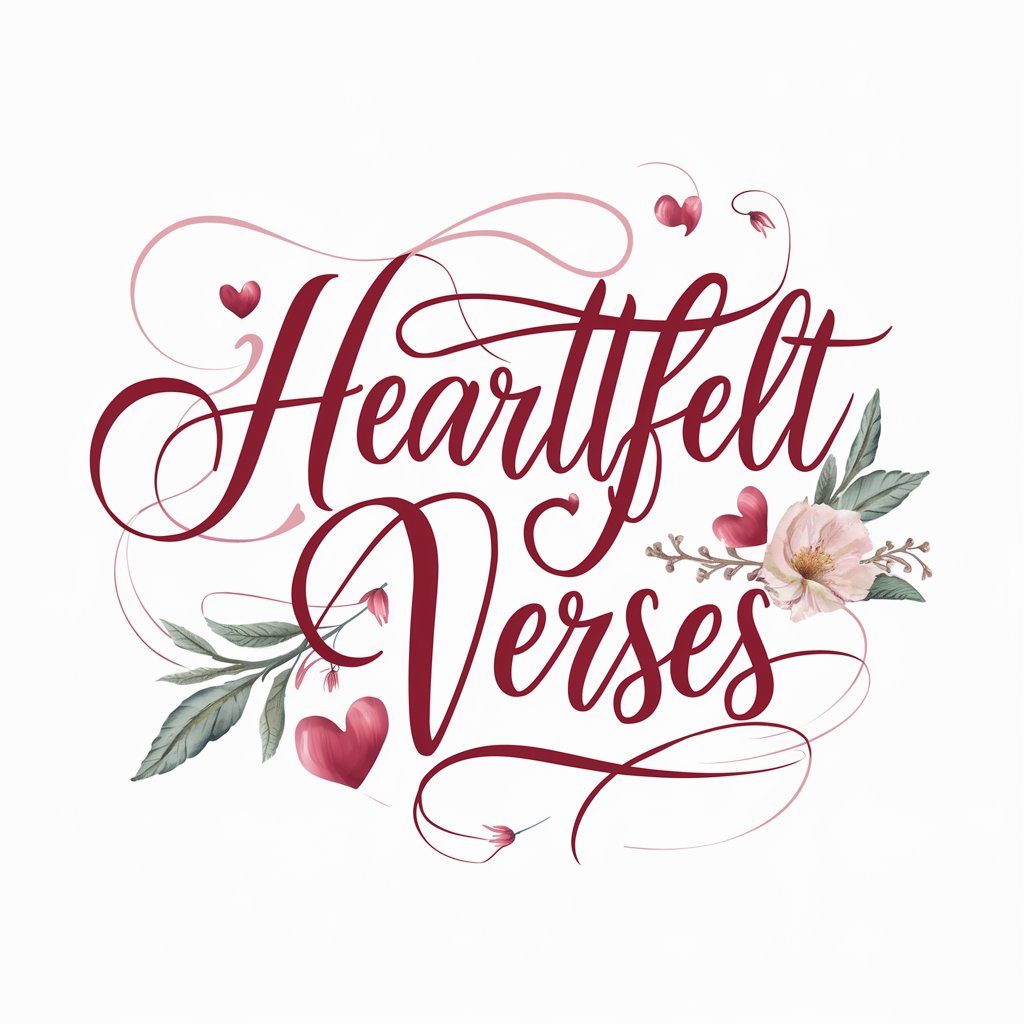
Love Muse
Crafting personalized love poems with AI.

Love Poem
Crafting Personalized Love Poems with AI
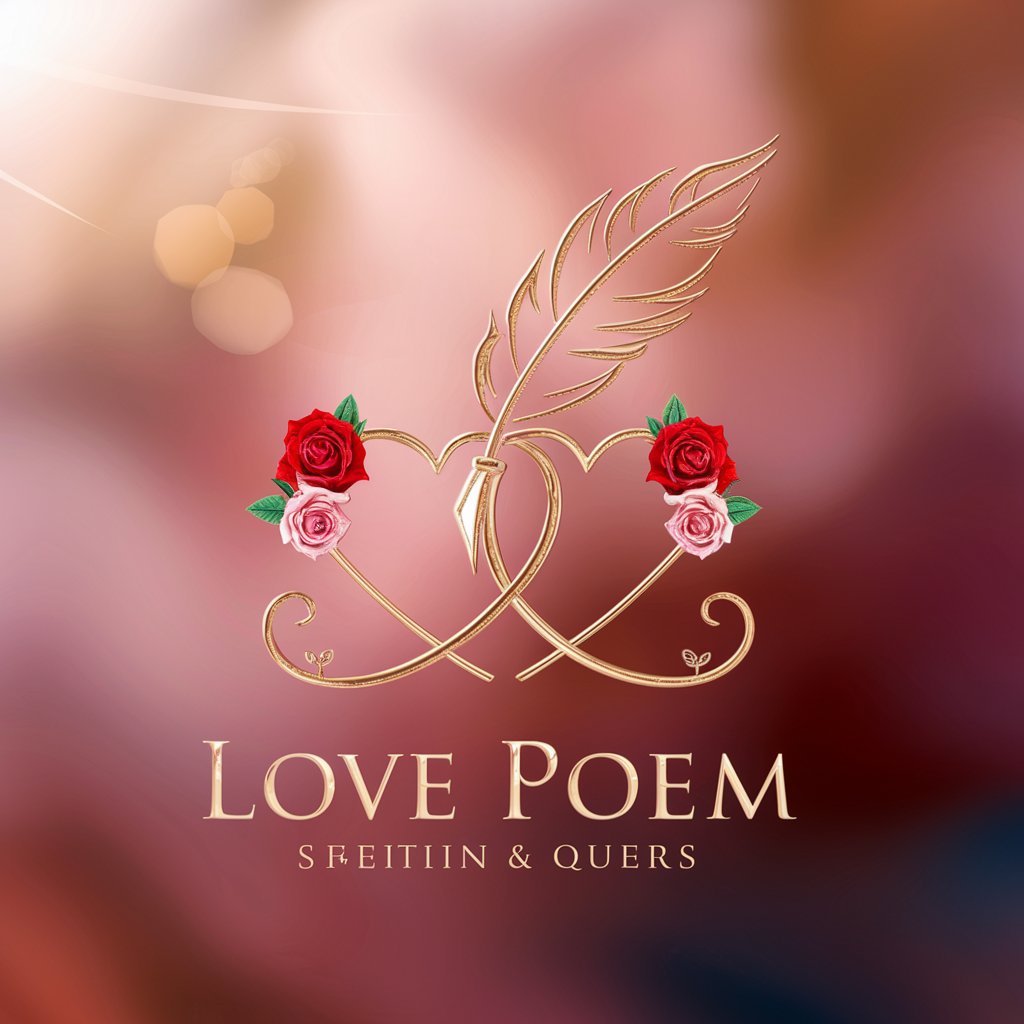
Poetic Muse
Unleash creativity with AI-powered poetry.

Shakespeare Love Poems AI
Craft your love in Shakespeare's verse

Greeting Card Poet
Crafting heartfelt poems with AI

LoveWriter.ai
Crafting Heartfelt Connections with AI

Holiday Humorist
Crafting laughter with AI-powered poetry.

Sinterklaas Rijm GPT
Crafting Personalized Poems with AI

Key Attributes of Personalized Poetry AI
AI GPTs for Personalized Poetry boast several unique features. These include the ability to adapt to various poetic styles and structures, from sonnets and haikus to free verse. They can be customized to include specific themes, emotions, or vocabulary, ensuring each poem is distinct. Language learning capabilities allow these tools to write in multiple languages, enhancing their global appeal. Technical support features include web searching for inspiration or factual accuracy, image generation related to poetic content, and data analysis for improving poem personalization and relevance.
Who Benefits from Personalized Poetry AI
The primary beneficiaries of AI GPTs for Personalized Poetry include poetry enthusiasts, writers seeking inspiration, and individuals looking to gift unique, personalized poems. These tools are accessible to users without programming skills, offering simple interfaces for creating custom poetry. Additionally, developers and professionals in the literary field can utilize these GPTs for more advanced customization and integration into existing platforms or workflows, making them versatile tools for both novices and experts.
Try Our other AI GPTs tools for Free
Hazard Detection
Discover AI GPTs for Hazard Detection: Transforming safety with predictive analytics, tailored solutions, and comprehensive risk management.
Website Storytelling
Discover how AI GPTs revolutionize website storytelling, offering dynamic, personalized narratives to engage audiences and enhance user experiences.
Engagement Ring Design
Explore the transformative power of AI GPTs in engagement ring design, offering personalized, data-driven solutions to innovate your creative process.
Interactive Narratives
Discover AI GPTs for Interactive Narratives: innovative tools transforming storytelling with adaptive, personalized experiences for creators and audiences alike.
Creative Fiction
Discover how AI GPTs for Creative Fiction can transform your writing process, offering tailored solutions for story generation, character development, and more, with intuitive interfaces for all skill levels.
Instructional Guides
Explore the transformative power of AI GPT tools for creating dynamic, personalized instructional guides. These AI-driven solutions offer tailored educational content, making learning accessible and engaging for all.
Expanding Horizons with AI-Driven Poetry
AI GPTs for Personalized Poetry represent a significant advancement in creative technology, providing individuals and professionals with a powerful tool for expression and exploration. Their user-friendly interfaces make them accessible to a broad audience, while offering the possibility for integration into more complex systems. As these tools continue to evolve, they promise to unlock new potentials in personalized and creative writing, transforming how we approach the art of poetry.
Frequently Asked Questions
What is AI GPT for Personalized Poetry?
It is a type of generative AI that creates custom poetry based on user inputs, leveraging machine learning to produce tailored verse.
Can these tools write in different poetic styles?
Yes, they are capable of generating poetry in a variety of styles, including traditional forms and contemporary arrangements.
Do I need coding skills to use these tools?
No, these tools are designed to be user-friendly for individuals without programming knowledge, though they also offer advanced options for those with such skills.
Can the poetry be generated in languages other than English?
Yes, many of these tools have multilingual capabilities, allowing for poetry creation in various languages.
Is it possible to integrate these GPTs into my existing workflow?
Yes, developers can integrate these tools into existing systems or platforms for enhanced functionality and personalization.
How do these AI tools ensure the uniqueness of each poem?
They utilize complex algorithms to analyze input and generate poetry that is both relevant and unique to each user's request.
Are there any special features for technical support?
Yes, some tools offer web searching, image creation, and data analysis features to enhance the poetry creation process.
Can these tools help me improve my own poetry writing?
Absolutely. By analyzing and mimicking various styles and structures, they can serve as an inspirational tool for writers looking to explore new poetic forms.